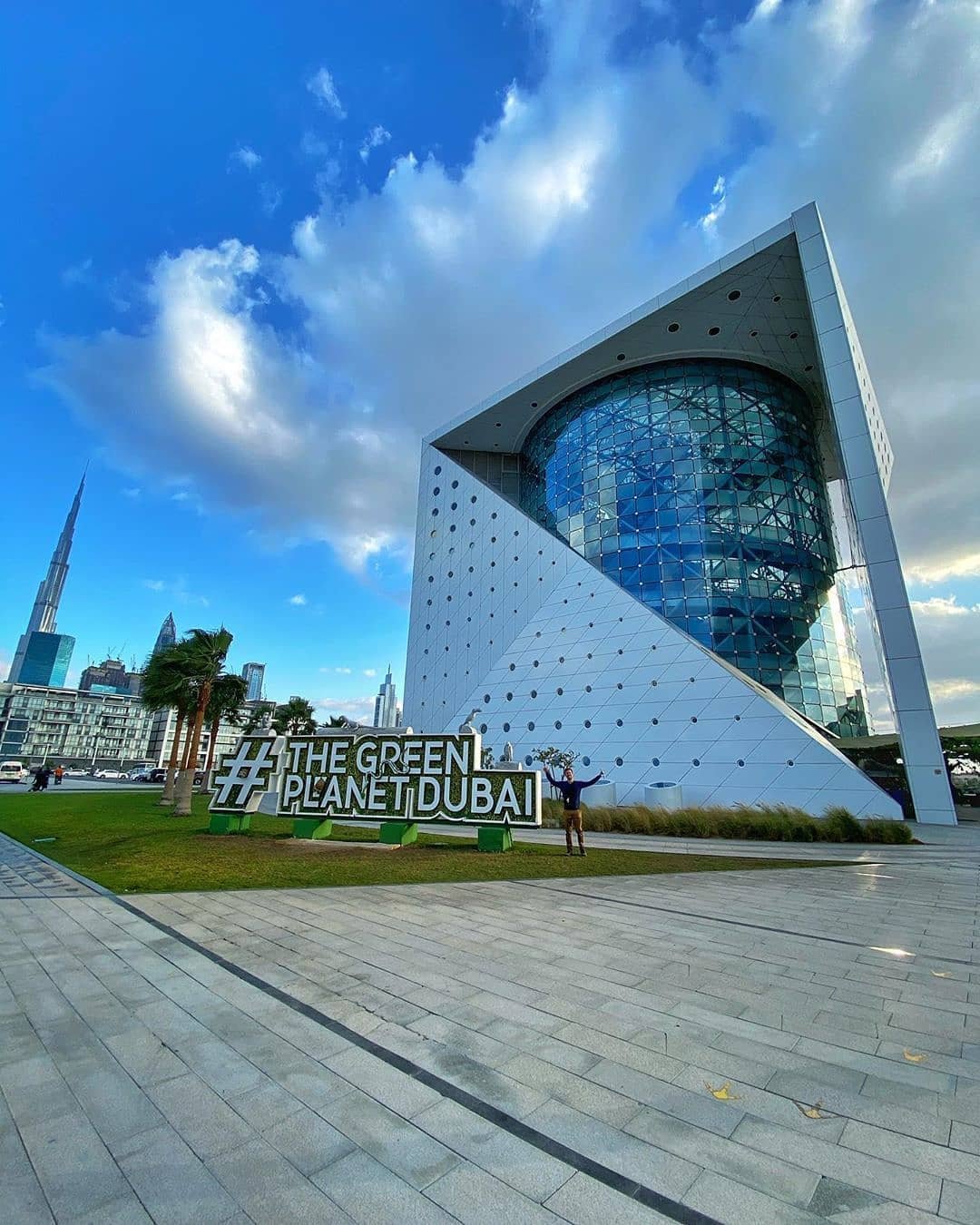Tourism contributes significantly to the Middle East’s economic landscape, representing approximately 9% of its GDP. The region is witnessing a surge in efforts to foster sustainable tourism, recognizing its importance. Projections indicate that the tourism sector will expand at an annual rate of 7.7% until 2032, outpacing the overall economic growth rate of 2.5%. This upward trend offers both economic prosperity and poses ecological concerns.
Hence, the push for sustainable tourism practices is gaining momentum throughout the Middle East, mirroring global trends. Encouraging developments are underway, with nations pioneering initiatives to ensure their tourism sectors honor and preserve their environmental and cultural assets.
Sustainable tourism is becoming a cornerstone of the Middle East’s economic and environmental strategy. As the region looks to diversify its economy and reduce its carbon footprint, promoting and adopting sustainable tourism practices has become a priority.
Promotion of Sustainable Tourism
The Middle East actively promotes sustainable tourism through innovative private sector projects, strategic government initiatives, and a growing commitment to environmental stewardship. Governments and companies across the region are working to lay the groundwork for tourism that respects natural and cultural heritage. This includes tackling transportation, a significant contributor to tourism-related emissions. For instance, Dubai-based airline Emirates has created a $200 million sustainable aviation fund to finance research and development into sustainable fuel and energy technologies.
Adoption of Sustainable Practices
The adoption of sustainable tourism practices is evident in various initiatives. For instance, Bahrain International Airport has achieved carbon neutrality since 2022 and is actively working towards greater sustainability. In the hospitality sector, technology adoption is playing a critical role. Apps like Ecotag allow operators to cut the use of single-use paper and plastic, resulting in cost savings and reduced environmental impact.
Ecotourism Growth
Ecotourism, which focuses on environmental preservation and empowering local communities, is a rapidly developing sector within the Middle East’s hospitality and travel industry. An international study projects the sector’s worth at $374.2 billion by 2028. Countries like Jordan, Lebanon, Morocco, Egypt, Oman, and Tunisia offer many attractions catering to eco-conscious travelers.
Cultural and Environmental Conservation
The Middle East’s approach to sustainable tourism also emphasizes cultural and environmental conservation. Jordan’s Wadi Rum Protected Area and Oman’s Ras al-Jinz Turtle Reserve are prime examples of how the region is protecting its unique landscapes and biodiversity while offering tourists an immersive experience.
Sustainable Hospitality Operations
In the realm of hospitality, there is a growing trend of travelers opting for environmentally friendly options. Hotels and other operations are integrating technology to save trees and reduce plastic pollution, responding to the demand for sustainable practices.
Luxury Travel and Sustainability
Even within the luxury travel sector, sustainability is becoming an increasingly important consideration. In the United Arab Emirates, for instance, a significant percentage of residents say they are willing to pay a premium price for more responsible, eco-friendly, and sustainable tourism experiences.
The Middle East’s journey towards sustainable tourism is marked by a commitment to innovation, cultural preservation, and environmental responsibility. By promoting and adopting sustainable practices, the region is not only enhancing its appeal to the global traveler but also ensuring the longevity and health of its natural and cultural treasures. As the world becomes more environmentally conscious, the Middle East is positioning itself as a leader in sustainable tourism, setting an example for others to follow.
